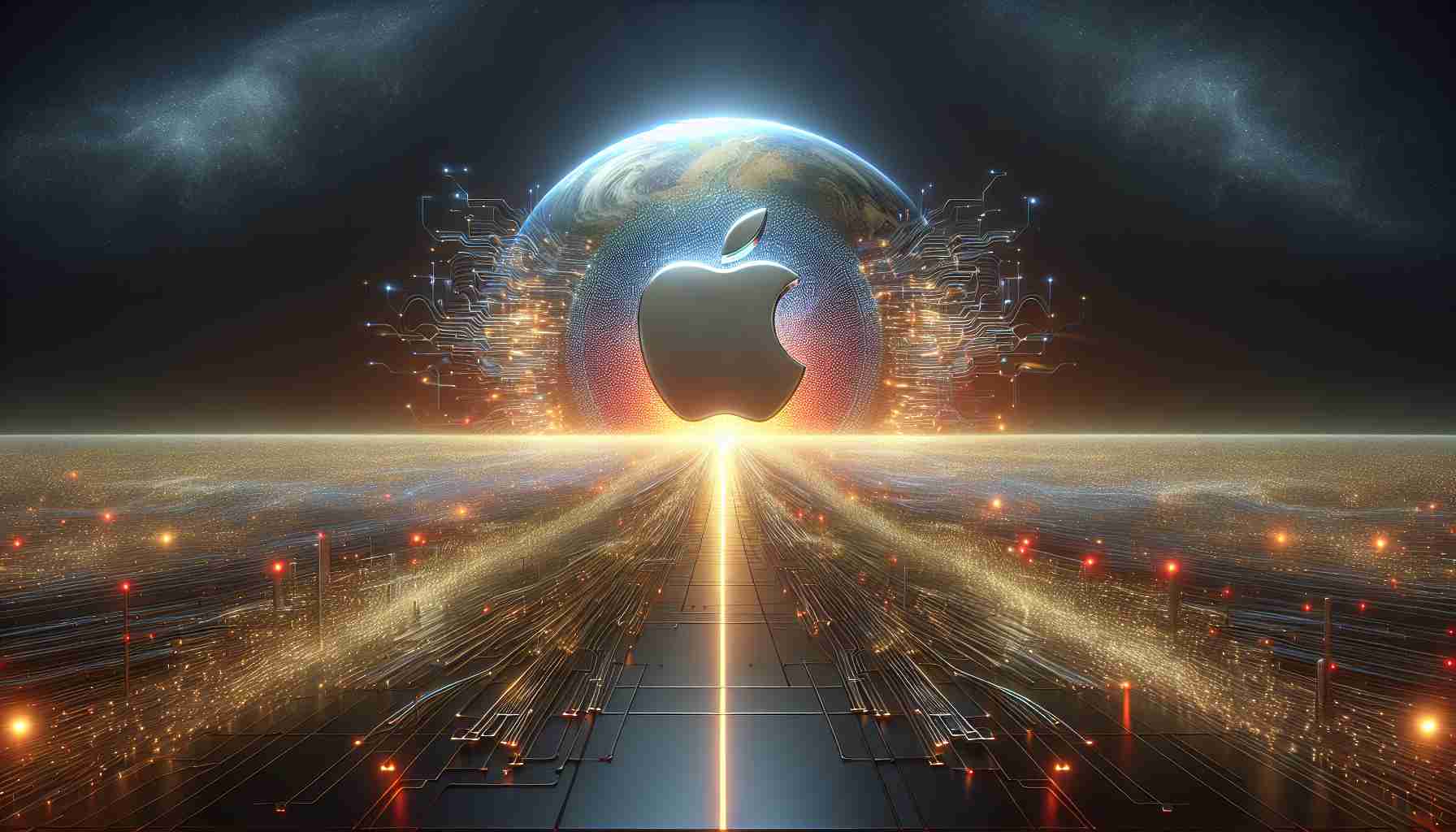In a groundbreaking revelation, Apple has announced its ambitious leap into the realm of generative artificial intelligence (AI). While the tech industry witnessed the remarkable success of ChatGPT, prompting companies to swiftly incorporate AI capabilities into their flagship offerings, Apple initially lagged behind. However, CEO Tim Cook now asserts that Apple is set to pave a new path in generative AI this year.
Though the specifics of Apple’s ventures remain undisclosed, recent reports provide insights into the company’s strategic direction. Apple’s spree of acquisitions, with over 30 AI startups joining forces in 2023 alone, hints at a trend continuing into 2024. The acquisition of DarwinAI, a distinguished Canadian company renowned for its work in visually inspecting manufacturing components, sheds light on Apple’s focus beyond visual inspection. Apple is keen on DarwinAI’s expertise in optimizing AI systems for enhanced efficiency and compactness. This aligns with Apple’s purported objective to localize AI features on the forthcoming iPhone 16, steering away from cloud-dependent processing. This transition could be pivotal for the evolution of Apple’s AI-driven technologies.
Though Apple has not officially confirmed the acquisition, Bloomberg’s investigative report has uncovered compelling evidence. Notably, DarwinAI’s online presence has vanished, and its founder, Alexander Wong, has updated his LinkedIn profile, signaling his new role as the Director of Machine Learning Research at Apple since January.
Entusiasts anticipating Apple’s advancements in AI can anticipate witnessing the fruits of the company’s labor at the eagerly awaited WWDC 2024 (World Wide Developer’s Conference). Traditionally serving as the platform for unveiling Apple’s latest operating system versions, often accompanied by beta releases, WWDC 2024 may feature iOS 18 boasting cutting-edge features driven by Apple’s advanced language model.
Speculations hint at a potential revamp of Siri, empowering it to summarize content and respond to queries akin to ChatGPT. Moreover, Apple may infuse AI capabilities into iMessage and AppleCare, enriching user experiences across various aspects of their ecosystem. Reports suggest that Apple is on the cusp of introducing a generative AI tool for app development, a prospect bound to captivate developers attending WWDC.
Despite Apple’s commitment to backward compatibility with iOS updates, it is anticipated that some forthcoming AI features may be exclusive to the iPhone 16 upon its launch. While Apple’s A-series iPhone chips have integrated Neural Engines for machine learning since the A11 Bionic processor in 2017, the landscape of AI has significantly evolved. This evolution might justify the decision to equip both the iPhone 16 and iPhone 16 Pro with the same chipset, underscoring the necessity for robust hardware enhancements to fully exploit on-device AI features.
Apple’s resolute foray into generative AI holds immense potential for the future. Leveraging the innovations of acquired startups like DarwinAI, Apple aspires to redefine user interactions with their products and services, transcending boundaries as they venture into uncharted AI territories.
Frequently Asked Questions
The source of the article is from the blog mgz.com.tw
